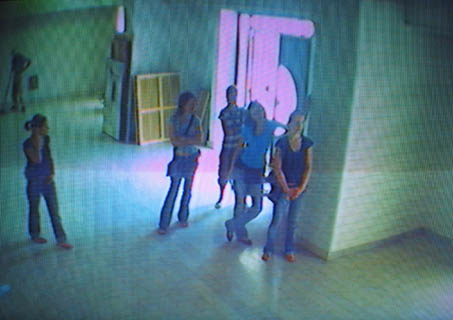Biljana Stojković
Evolutionary Biology and Culture: (Can We Escape From Our Biological Essence?)
The most important characteristics that make our species (Homo sapiens) different from other animal species are connected with the functioning of our brains. Humans have extraordinary cognitive ability; they can understand processes in nature and see causal connections between different events. They have ability to think about their own actions, to analyze behavior of other persons and to anticipate consequences of various activities and events. They also have the language. However, considering other biological traits, humans are not very different from millions of other species. Actually, humans cannot do many things that other organisms can. Comparative and phylogenetic studies in evolutionary biology convinced us that our anthropocentric position in philosophy of life hardly has any support in biology. Our brain size, its morphology and mental capacity are the products of millions years of evolution and present our adaptation to the ever changing world. Studying various kinds of behavior of other Primates (our closest relatives, such as chimpanzees) and their social groups we can find many similarities because their mental ability is also high compared with other animal organisms. But, humans evolved something really different – morality. Evolution of ethics through “social instincts”, altruistic behavior and “moral sense” has been described by Darwin more than 100 years ago. Once we evolved morality we’ve lost possibility to blame our animal essence and animal instincts for cruel behaviors, such as war, murder, rape, violence, etc.

Setting up the 2D MutantZombies show in Čedomir Krstić Gallery, Pirot 2006.
From biological point of view, sexual behaviour of humans and some monkey species is extremely interesting. Most animal species have sex only at the time of estrus (female ovulation) and only for reproduction – producing offspring. Everything in evolution is about transmission of genes to the next generation. So, the role of sex should be clearly conceptive (making babies). However, in Homo sapiens as well as in many other Primate species, sexual activities are very frequent, unrelated to estrus and mostly non-procreative (does not result in babies). If this kind of sexual behaviour was maintained in our evolutionary lineage, it must have had conferred some benefits. Otherwise, it would have been eliminated by natural selection as time and energy consuming behaviour. Since promiscuity is correlated with complex social organization in Primate species, this kind of sexual behavior must have had very important roles in social interactions. As a source of pleasure, sex can be considered as a major concern of human life and underlies much of social relations. At this presentation, several hypotheses about biological and cultural evolution of sex roles will be discussed. Evolution of any characteristic can be explained only if it has inherited components. These inherited components can be biological (genes) or, in case of humans and other socially organized primates, cultural. Beside genes, culture can be very powerful and consistent way of transferring traits between generations. Here we consider culture in a very wide sense as any kind of social interaction between individuals, learning, education, society structure, customs, art, etc.
Even more interesting aspect of sexual behaviour in humans and other monkey species is homosexual behavior (HB). From evolutionary point of view, we could expect HB to be eliminated from our ethology as maladaptive; HB cannot be conceptive (there is no possibility for transferring genes to the next generation). On the other hand, large amount of biological, sociological and anthropological data suggest that HB is very common both within and among various human societies. According to these data, HB should be considered as one segment of great variety in human sexuality and emotions; not as abnormality or distinct class of sexual behavior. Most hypotheses about evolution and maintenance of HB, which we are going to discuss, consider homosexual emotions as a very important factor for long-term supportive bonds in a society, similar to heterosexual relationships but with some additional aspects. This had very important consequences for both individual and community survival, and, consequently, for reproductive success. Although we cannot explain HB with any single factor (it could be genes, hormones, childhood experience, adult experience and social context), we will discuss the role of HB in biological and cultural evolution of our species.
Although most of these topics are considered to be in the domain of humanities (e.g. sociology, psychology, cultural anthropology, etc.), there is a lot of room for life sciences to scientifically explain complex patterns of human behaviour and ethics.
References
Tucić N., Matić G. (2005): O genima i ljudima: elementi genetike i evolucije (2 izd.), Centar za primenjenu psihologiju, Beograd.
Freeman S., Herron J.C. (2004): Evolutionary analysis (3rd ed.), Pearson Education, Inc.
Diamond J. (1997): Why sex is fun?, Basic Books. (for Serbian language (2004): Zašto je seks zabavan? Dosije, Beograd.)
Kirkpatrick R.C. (2000): The Evolution of Human Homosexual Behavior, Current Anthropology, 41(3), pp. 385-410.
Miller E.M. (2000): Homosexuality, Birth Order and Evolution: Toward an Equilibrium Reproductive Economics of Homosexuality, Archives of Sexual Behavior, 29(1): pp. 1-32.
Biljana Stojković, PhD, is an evolutionary biologist. She is an Assistant Professor at the Department for Genetics and Evolution, Faculty of Biology, University of Belgrade.